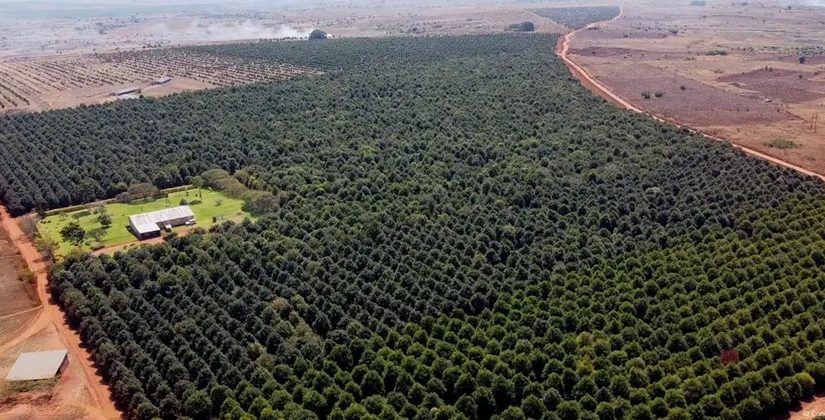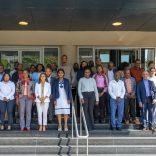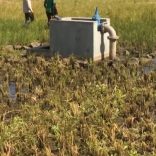Mozambique launches STOSAR II to strengthen agriculture and agrifood systems
Mozambique: Agriculture sector needs to think long-term – analysts

FILE -. For illustration purposes only. Macadamia production in Niassa, Mozambique. Analysts call for long-term investment and policies. [File photo: Conceição Matende/DW]
- At a time when the future of agriculture in Mozambique is being debated – with the government turning its back on the “Sustenta” model – experts offer some suggestions.
The agricultural sector needs to change and think long-term. This is the consensus among experts, who criticize the fact that, with each executive cycle, a new project is approved that does not follow on from the previous governments.
That is what happened recently. The new Mozambican government admitted to turning its back on ‘Sustenta’ – the more interventionist model of the past – to focus on the private sector.
This back-and-forth of policies is detrimental to the country, says industry analyst Luís Muchanga: “We do not have an alignment of public policies that [allow] us to feed the country’s thinking on agrarian issues.”
Suggestions for the future
But what is needed for a thriving and productive agriculture in Mozambique?
Economist Roberto Tibana suggests the construction of agrarian infrastructure. “Infrastructure and public investment for rural development can have a very large multiplier effect on the agricultural sector,” he says.
The economist challenges the current executive to finance the sector. Currently, according to Tibana, there is no infrastructure to keep the production chain safe.
“You can produce today and not sell your produce, you can produce and not have storage capacity. The risks are extremely high,” he says.
Francisco dos Santos, an expert in the agricultural sector, highlights that the country must resolve market problems. For him, it is not worth talking about agronomy without talking about the economy.
A market “adjusted to production” and a government sensitive to this need are needed, he comments.
Attractive taxes
According to Francisco Santos, if Mozambique wants to stimulate domestic production in order to export, it would also need an adjusted monetary policy and exchange rate that attracts consumers.
“We cannot have the most expensive taxes in the region, nor can we have taxes for the primary and secondary productive sector that are identical to those for the tertiary and services sectors. This makes no sense.”
All these ideas were discussed during a meeting to reflect on the future of agrarian policy in Mozambique, which took place this Friday in Maputo.












Leave a Reply
Be the First to Comment!
You must be logged in to post a comment.
You must be logged in to post a comment.